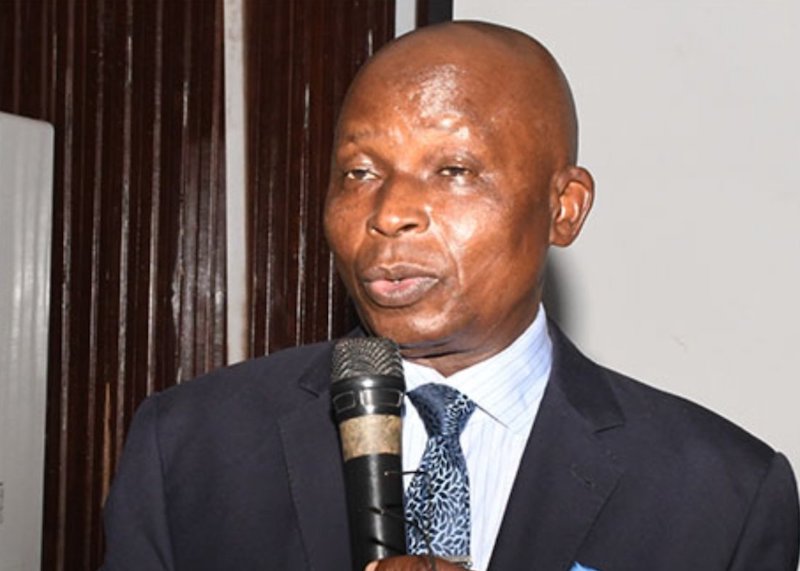Some financial analysts on Tuesday in Abuja lauded the Central Bank of Nigeria (CBN) over its policy to recapitalise the country’s banking sector.
The CBN Governor, Mr Godwin Emefiele, while unveiling his economic agenda for the next five years, noted that the drop in value of the naira to the dollar had weakened the capital of banks.
He said that banks would be required to maintain a high level of capital, as well as liquid assets in order to reduce the impact of economic crisis on the financial system.
According to Emefiele, going by the huge developmental role the apex bank will want the banks to play in the next five years, it is imperative to demand their recapitalisation.
He noted that the depreciation of the naira between 2004 when the last banking sector recapitalisation took place and now, had cut the value of the capital of each deposit money bank by about 175 million dollars.
Mr Geoffrey Ekeyi welcomed the development, adding that the move was apt in order to arrest a situation where banks could no longer fund large transactions.
“Remember what happened in one of the banks, pure corporate governance, the CBN and Security and Exchange Commission (SEC) had to step in to ensure that the bank did not go under and depositors fund washed away.
“So, there was a merger and it was taken over by another bank,’’ Ekeyi said.
Nkwodimmah Pascal said that the supervision department of the apex bank had a lot of work to do following the development.
“Much needs to be done to ensure implementation of the policy, however, CBN still needs to ensure that banks lend to small and micro sector of the economy not at double digits, but below five per cent lending rate.
“In some countries, it is two per cent and they will be begging you to come and take loans to start your business.
“When they give you that loan, they enhance your capacity and deploy their experienced personnel to ensure that the business succeeds.
“But in Nigeria you may be lucky to get a loan with as much as 25 per cent and before the business even starts, they are all over you asking for repayment,’’ Pascal said.
Mr Saliu Pategi expressed concern that the interest rates of commercial banks strangle small businesses in the country.
“There is a whole lot of problems with the banks; it is not just one, two or three, it is almost all of them.
“The transactions you can ordinarily have with them in the past have become something else.
“Sometimes you go through the eye of a needle to get anything out of banks even with your money.
“I think that recapitalisation may not be far from what the banks need.
“There are some takeovers, some mergers and some acquisitions, the pace of all this is that there are some stresses and some structural shocks needed to be dealt with.
“That may suggest why CBN governor is thinking of giving them more solid foundation, so we expect flooded activities from the banks that will want to raise fresh capital,’’ Pategi said.
Mr Lawson Amadi, an Abuja resident expressed worry that the last recapitalisation exercise in the country in 2004 recorded loss of jobs in the banking industry.
He said “Prof. Charles Soludo did the same thing when there were 89 banks in 2004 and 2005 and he forced them’’, saying if you don’t want to merge, your license is basically gone’’.
“They reduced to 25 and if Emefiele’s plan goes up, there will be more mergers because some of them will say from N25 billion to N230 billion, where will they get that kind of money from.
“The number of banks will further reduce if that policy is implemented.
“I hope it will be done in a way that not many of them will be thrown into the labour market because we saw what happened the last time, a lot of them became jobless and it is still telling on families,’’ Amadi said. (NAN)



